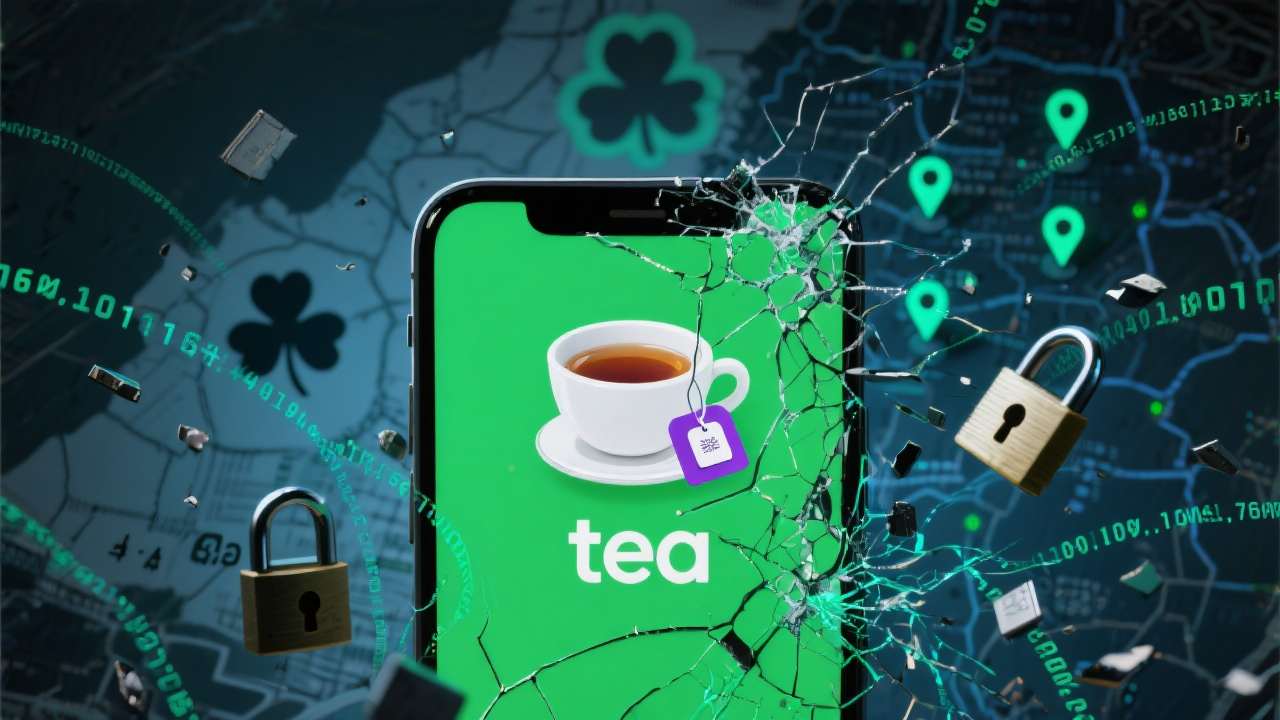
The Anatomy of a Digital Catastrophe: How a Viral “Safe Space” for Women Became a Target
A Whisper Network Goes Viral
The Tea app, which soared to the top of the App Store by promising women a discreet space to share dating experiences and flag potentially dangerous men, has now found itself at the center of a privacy nightmare. On July 25, 2025, hackers leaked a trove of 13,000 user verification selfies and government IDs, along with tens of thousands of other images, after a coordinated call to action on 4chan. The breach, which exposed a total of 72,000 images, has sent shockwaves through the app’s rapidly growing user base and reignited debates about digital safety, gender, and the limits of online anonymity.
The Breach: What Was Stolen and How
Tea’s premise is simple but potent: women upload photos of men, leave comments, and search for names to help each other avoid bad actors in the dating world. To join, users must verify their identity with a selfie and, in some cases, a government-issued ID. The app claims these are deleted after review, but the breach revealed a different story. Hackers accessed a “legacy data system” containing images from more than two years ago, including 13,000 verification photos and IDs, and 59,000 images that had been publicly viewable within the app—posts, comments, and direct messages among them.
The company insists there’s no evidence that current or additional user data was affected, but the damage is already done. The leaked images, now circulating on 4chan and X, include sensitive identification documents and faces of women who believed their data would be protected by the app’s privacy promises. Some users have even reported that a map purporting to show the locations of affected users has appeared online, though it lacks names or addresses, only coordinates.
The 4chan Factor: When Trolling Turns to Targeting
The hack didn’t happen in a vacuum. The Tea app’s viral success—nearly a million new signups in a week—sparked backlash in certain online communities. On Thursday night, a thread appeared on 4chan, the notorious message board known for its role in past harassment campaigns, calling for a “hack and leak” operation against Tea. By Friday morning, a user had posted a link to the stolen database, and the images began to spread.
This wasn’t just a random act of cybercrime; it was a targeted response to the app’s mission. Some men online have voiced fears of being misrepresented or doxxed on Tea, while others have threatened to create their own “men-only” versions of the app. One such attempt, Teaborn, was quickly removed from the App Store after its creator was accused of enabling revenge porn. The cycle of retaliation and escalation is a reminder that digital spaces designed for safety can become lightning rods for those who feel excluded or threatened by their existence.
The Human Cost: Trust, Trauma, and the Illusion of Anonymity
For many Tea users, the breach is more than a technical failure—it’s a personal betrayal. The app’s promise of anonymity and safety was a key part of its appeal, especially for women wary of online harassment or stalking. Now, thousands are left wondering if their most sensitive information is in the hands of strangers. The company’s assurances that it is “working around the clock” with cybersecurity experts offer little comfort to those whose faces and IDs are now public.
The breach also exposes a deeper tension in the digital age: the trade-off between verification and privacy. Tea’s verification process was meant to keep trolls and bad actors out, but storing such sensitive data—even temporarily—created a single point of catastrophic failure. As one commentator on Hacker News put it, “An app that was (in theory) meant to be secure shouldn’t think of a problem as filtering rather than securing.” The incident will likely fuel ongoing debates about whether online identity and age verification are inherently risky, especially for platforms serving vulnerable communities.
What Happens Next?
Tea’s founder, Sean Cook, has said the app was inspired by his mother’s harrowing experiences with online dating. The company donates a portion of its profits to the National Domestic Violence Hotline, and its mission is rooted in the idea of collective safety. But the breach has complicated that narrative, raising questions about whether any digital “safe space” can truly deliver on its promises.
As the company scrambles to contain the fallout, the broader lesson is clear: in the rush to build viral platforms for vulnerable users, security cannot be an afterthought. The internet is full of people eager to test the boundaries of privacy, and the consequences of failure are all too real.
